Danish Filmmaker Lars Von Trier (Antichrist 2009, Nymphomaniac 2013) loves to stir up controversy, doesn’t he? Doing just that, he is openly inviting it with his latest film, The House That Jack Built, set for release in theaters and on VOD Friday, December 14, 2018 through IFC Films. To quote the man himself, this film celebrates “the idea that life is evil and soulless.” He has certainly created something that does just that; but does that make it a great film?
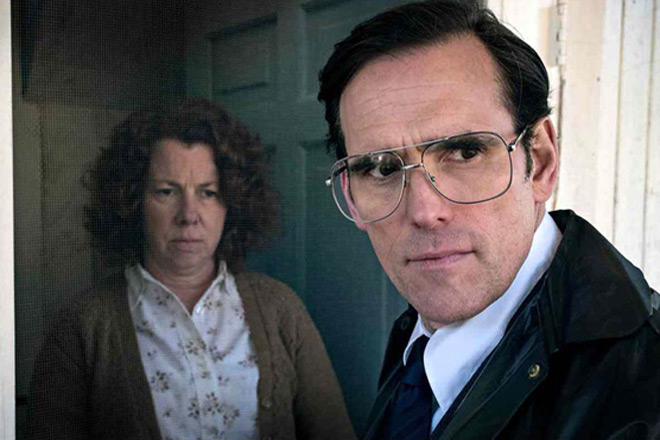
The House That Jack Built is the story of serial killer Jack (Matt Dillon: There’s Something About Mary 1998, Crash 2004) and his most important, character-defining murders in a career of debauched misanthropy. There is something absurd about the act of even writing that out. That said, Von Trier was clear with his intention – this is a darkly comic story straight to the bone.
Any consideration of the film starts with Matt Dillon. Dillon’s portrayal creates a killer in Jack that is singular among cinematic murderers. He is over-the-top, but not in a winking-at-the-camera way. Jack is someone who clearly grows throughout the film. He grows in efficiency as a killer and yet remains empty at his core. In that way, he evokes Christian Bale’s Patrick Bateman from 2000’s American Psycho, but there is somehow simultaneously more in Jack and less.
The film takes the form of five vignettes interwoven with a conversation between Jack and his companion Verge (Bruno Ganz: Downfall 2004, In Order of Disappearance 2014), mostly heard off screen. In this descent to hell or fame, Jack, whose moniker in the media is Mr. Sophistication, considers his crimes with Verge. A failed architect, Jack offers that his murders represent a developing form of art.
It is the kind of argument one would expect from someone completely insane, so it ends up being no surprise that Von Trier keeps the audience in the driver’s seat alongside Jack. The fact that you are left to experience Jack’s murders from his point of view suggests Von Trier, ever the provocateur, is out to allow you to tell on yourself. This is a film where you may be more horrified by audience reactions than what actually happens on screen. Although, it certainly has its share of the horrific.
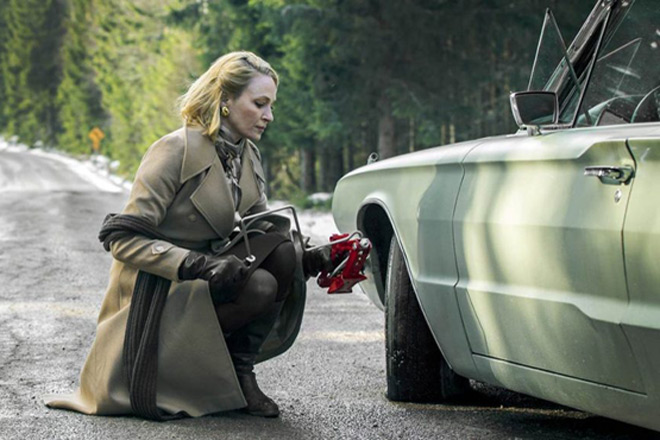
Laugh, scream, do whatever. So be warned; Von Trier does not appear out to offer any real message with this film. He has crafted a tale of nihilistic brutality in order for the viewer to make sense of it, and what brutality he has wrought. Again, the film is cut into five vignettes connected by Jack’s philosophical discussions with Verge. Bruno Ganz plays his role with studied detachment. He hits back on Jack when necessary, but mostly serves a quiet sounding board for the cocky, arrogant killer’s diatribes.
Jack’s victims run the gamut. Most of them do not even have names, but their personalities shine through so they are not complete ciphers. They absolutely, individually, fulfill the role of victim each in their own way. It is as if who they determine the kinds of murders Jack ends up inflicting on them. This is kind of a stroke of genius as it in some ways undermines Jack’s burgeoning megalomania. He thinks he is running the show, but really he is just reacting. This is an awkwardness that underscores the earlier killings in his career.
Von Trier deftly builds upon this in a sort of satire of the bildungsroman. As Jack begins to gain confidence, this awkward messiness disappears and is replaced with something far darker and methodical. Jack’s methods become more staged and, as a result, more terrifying. This change in Jack is depicted visually quite brilliantly and humorously. In fact, Jack starts out looking like a stereotypical oddball weirdo complete with glasses and slicked back hair and evolves into something almost like a subtle sex icon or rock star. To underscore this, the only real music the film employs is David Bowie’s 1979 hit song “Fame.”
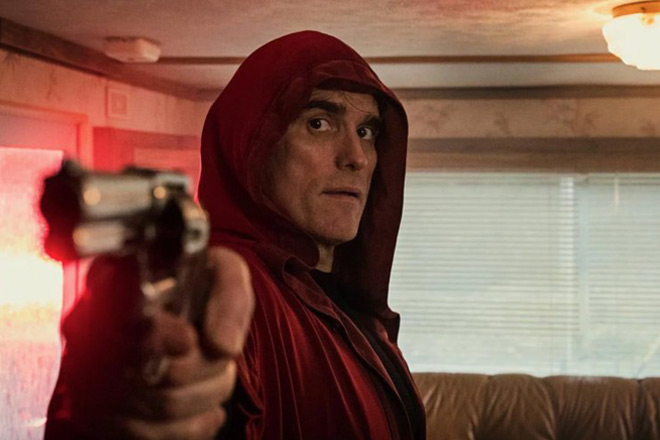
Every woman who crosses Jack’s path is individually their own. Each actress is great, but it is a bit of a challenge to go into detail on how they express their characters without spoiling some aspects of the film. Uma Thurman (Pulp Fiction 1994, Kill Bill series), Siobhan Fallon Hogan (Men in Black 1997, Dancer in the Dark 2000), Sofie Grabol (The Killing series, The Other World series) and Riley Keough (Mad Max: Fury Road 2015, It Comes at Night 2017) all deserve praise for crafting memorable characters in somewhat limited circumstances. Perhaps something is being said there.
Even if Von Trier does not have a definitive “message” with The House That Jack Built, it is clear there is something to take out of the film about the power men wield in this culture. Jack does state at one point that he has killed “both men and women.” Ultimately, this is a film about how men treat women and the sort of “house” that is built upon that treatment. The last vignette (and epilogue) will most likely leave people angry and confused, as it should. But again, this is a film crafted in order to allow individual viewers to tell on themselves. The outrageousness of it all will surely leave some shocked, while others will laugh. Many will do both.
Overall, Lars Von Trier has created a truly visceral, angering, hilarious, downright brutal and at times surreal road to hell with The House That Jack Built. His film, as usual, has asked his audience to laugh again at the void within which humanity finds itself, but not without a kind of detached stoicism. Succeeding, this is why Cryptic Rock gives the darkly satirical The House That Jack Built 4 out of 5 stars.
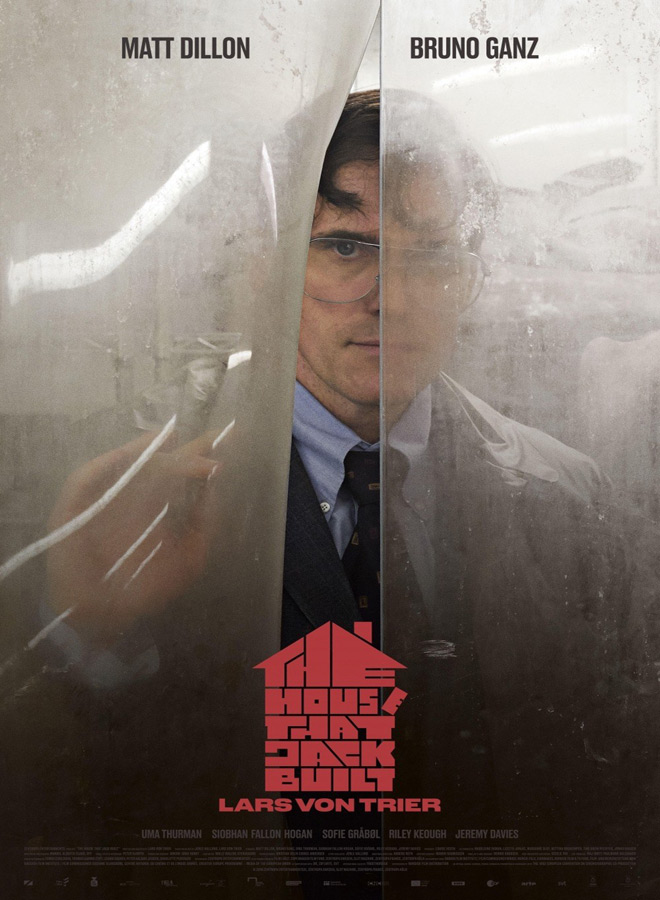


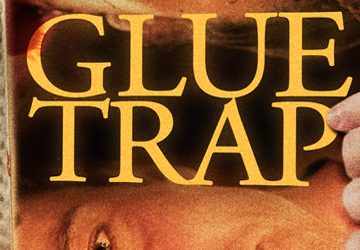


No comment